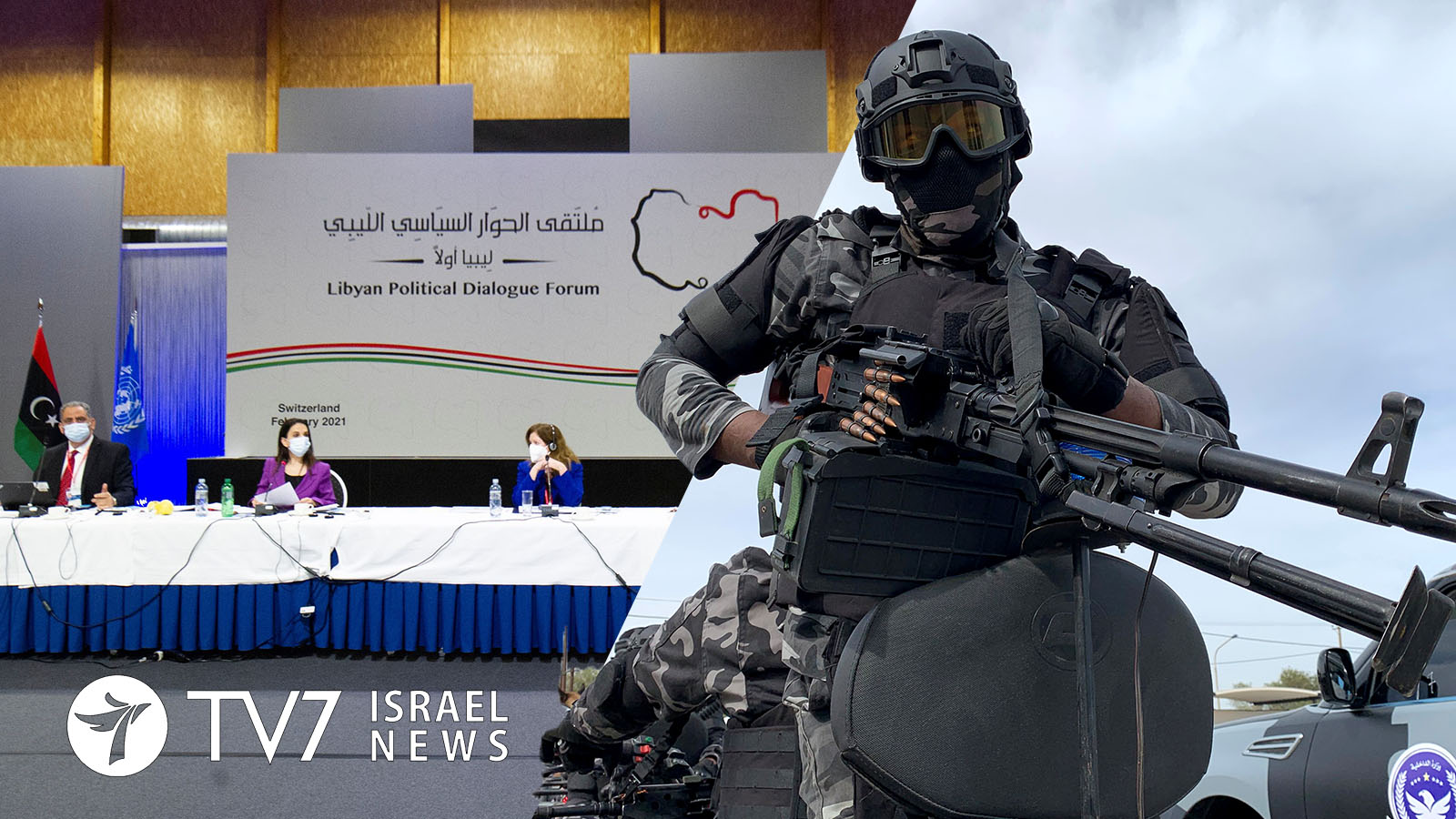As part of the biggest peacemaking effort pertaining to Libya in years, participants at United Nations-sponsored talks are working toward the creation of a transitional government in the North African country.
75 representatives of various Libyan factions, selected by the UN in 2020, cast votes in Switzerland yesterday for a new National Presidency Council (NPC).
No winners have immediately emerged from the ballot. Candidates for the three-person council include the head of Libya’s eastern-based House of Representatives Aguila Saleh and Osama Juweili, a military commander in the west.
As part of the process, these candidates must now consult with others to form regional lists including nominees for Prime Minister before voting can resume.
Candidates for both the NPC and premiership were questioned during live televised sessions ahead of the vote. If chosen, they will not be able to compete in the slated December 2021 elections.
The NPC will also be empowered as a temporary head of state to supervise the army, declare necessary states of emergency and take decisions on war and peace in consultation with the parliament while working toward national reconciliation.
The Prime Minister will be charged with forming a new government for approval by the parliament, preparation of a unified budget, setting a course for the elections, and establishing the structure and management of state bodies and institutions.
Candidates for that job include the Interior Minister Fathi Bashagha and Defense Minister Saleh Namroush of the Government of National Accord (GNA).
Even though the UN hailed the latest developments in Switzerland as “positive” with a long list of diverse candidates, many Libyans back home remain skeptical following the collapse of previous diplomatic efforts, as well as the lack of agreement on key ceasefire terms in the war-torn country. While some say they fear the ‘losers’ will reject the new NPC, others are concerned over refusal by the transitional leaders to cede authority after taking control, or that foreign powers may sabotage the process to protect their own interests.
Conflict has raged across Libya since the 2011 NATO-backed uprising that ousted former leader Muammar Gaddafi after 42-years of rule. The country has been divided between warring factions in east and west since 2014.
The international community resumed diplomat attempts to resolve the conflict after Khalifa Haftar’s eastern-based Libyan National Army (LNA) was beaten back from its 14-month assault on Tripoli, seat of the internationally recognized GNA. The rival administrations agreed a ceasefire in October, but have not retreated from their positions.
The LNA is backed by the United Arab Emirates, Russia and Egypt while the GNA is supported by Turkey.
The United Nations is demanding that all foreign intervention must end immediately to enable Libya to solve its own issues.
“The ceasefire is holding,” Secretary-General Antonio Guterres have Guterres told reporters last week, underscoring that “It’s essential that all foreign troops and all foreign mercenaries move first to Benghazi and to Tripoli and, from there, move back and leave the Libyans alone, because the Libyans have already proven that, left alone, they are able to address their problems.”
After discussing the situation on Thursday, the 15-member Security Council issued a statement called for the withdrawal of all foreign fighters and mercenaries “without further delay” and for all Libyan and international actors to respect the arms embargo and ceasefire agreement.
Acting United States Ambassador to the UN Richard Mills went even further by calling out specific countries by name.
“We call on all external parties, to include Russia, Turkey, and the UAE, to respect Libyan sovereignty and immediately cease all military intervention in Libya,” Mills told the UNSC, adding, “We call on Turkey and Russia to immediately initiate the withdrawal of their forces from the country and the removal of the foreign mercenaries and military proxies that they have recruited, financed, deployed, and supported in Libya.”
In related developments, Washington made its first official contact with Ankara since US President Joe Biden took office.
Turkey’s President Recep Tayyip Erdoğan’s Chief Foreign Policy Advisor Ibrahim Kalin and US National Security AdvisOr Jake Sullivan spoke by telephone yesterday.
According to Turkey’s official Anadolu news agency, the two discussed issues regarding Libya, Syria, the eastern Mediterranean Sea, Cyprus and Nagorno-Karabakh.
Kalin reportedly told his Sullivan that bilateral efforts are needed to resolve current disagreements between the two nations, including Turkey’s acquisition of Russian S-400 defense systems and American support for Kurdish militia groups in northern Syria.
In the US statement on the talks, National Security Council Spokeswoman Emily Horne said Sullivan underscored the Biden administration’s desire to build “constructive” American-Turkish ties while also addressing areas of friction.
Sullivan “conveyed the administration’s intention to strengthen transatlantic security through NATO, expressing concern that Turkey’s acquisition of the Russian S-400 surface-to-air missile system undermines alliance cohesion and effectiveness,” she said.
The S-400 issue has been a major source of contention between the NATO allies, which Washington maintains poses a threat to its advanced F-35 fighters and NATO’s broader defense systems. Ankara insisted it was forced to buy the missile defense system from Russia after it was unable to acquire them from other NATO allies with satisfactory terms.
After first expelling Turkey from the US’ F-35 fighter jet program, the Trump administration imposed long-anticipated sanctions in December against Turkey over the purchase – which Ankara branded a “grave mistake.”
